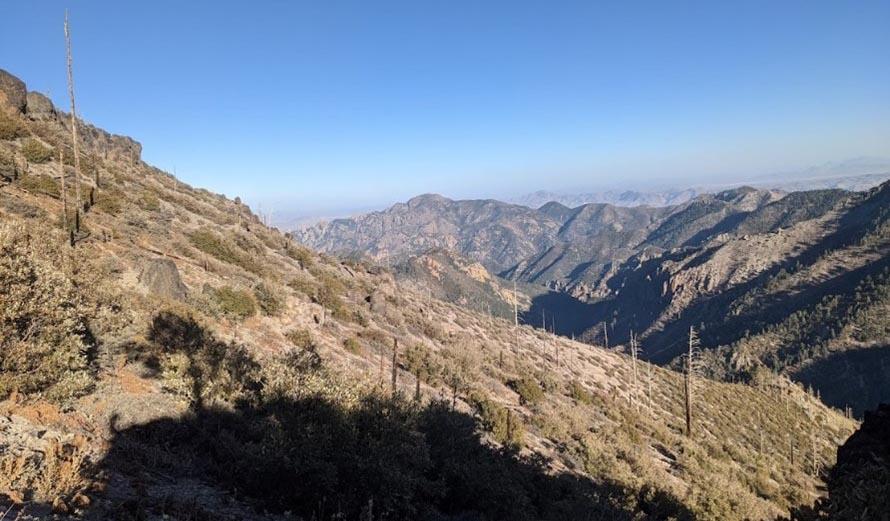Lessons Learned as a CLIMAS Environment & Society Fellow
In my year as an Environment & Society Fellow with CLIMAS, I learned just as much about the research process and collaborative research as I did about my actual research topic. I learned that things almost never go as planned or according to schedule, and whatever your original vision for your research was will probably change and evolve into something different – and probably better. (read more)


